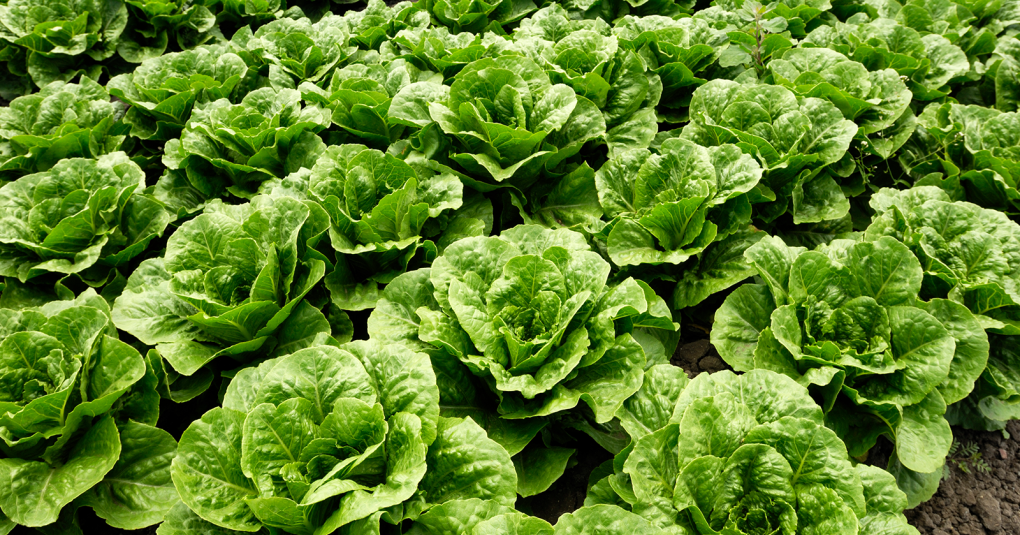Apr 16, 2020California grower buries lettuce after coronavirus shutters restaurant market
There should be tractors rumbling across Jack Vessey’s ranch, pulling wagons full of fresh-cut romaine lettuce to be packed and shipped to restaurants and grocery stores across the United States.
According to a story by Reuters, instead, as the coronavirus outbreak upends the nation’s food distribution network, a tractor and plow destroyed rows and rows of green produce on April 15.
“You put your blood, sweat and tears into a crop,” said Vessey, president of Holtville, California-based Vessey and Company, Inc. “To just disc it into the ground: It’s painful.”
Also from the Reuters story:
The lockdown in most U.S. states that started in mid-March created a logjam of fruit and vegetables bound for restaurants across the country. The effects of the business closures rippled throughout the supply chain, reaching even the produce still rooted in farmland as customers cancel orders.
The decision to destroy the crop didn’t come easy for Vessey. But he said he couldn’t justify paying for labor, and packaging and storage for a crop that distributors were not buying. He laid off 150 to 200 seasonal workers up to two weeks early.
Vessey, a fourth-generation farmer, plowed under some 350 acres of lettuce, or approximately $1.46 million worth of crop. He is not alone. Other growers in California, the top U.S. fruit and vegetable producing state, are facing the same dilemma.
Imperial County, California, on the Arizona border produces around $1.2 billion in vegetables per year, according to Kay Pricola, the executive director of the Imperial Valley Vegetable Growers Association.
Most of that is harvested between November and April. In the summer months, vegetable production shifts north to the Salinas Valley in central California.
To view the entire Reuters story, visit here.















